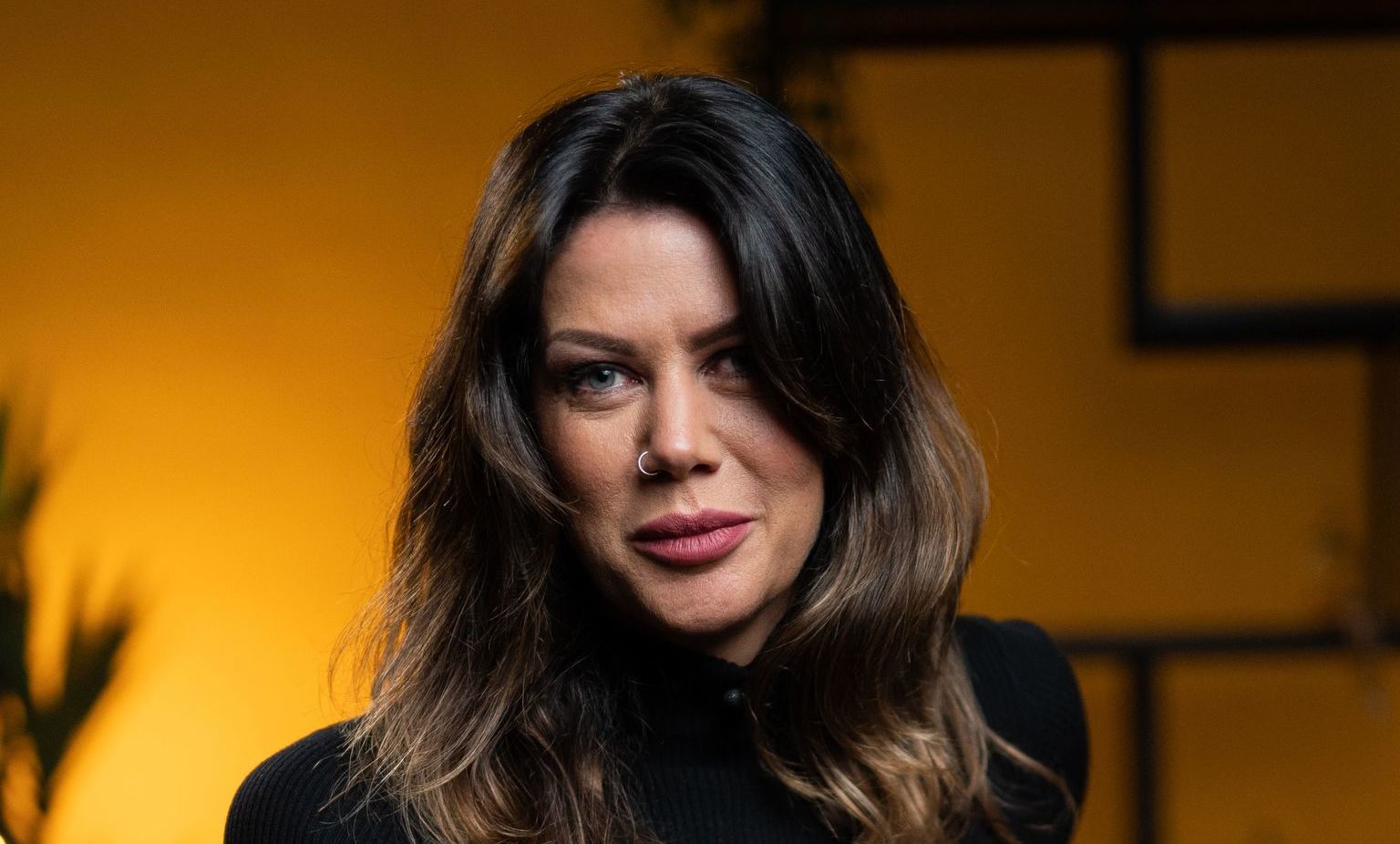All I want for Christmas is a more inclusive workplace
15th December 2023
Why I don’t think HR expertise is enough to drive strategic EDI
HR and DEI, for sure, occupy a similar space. They have the common goal of improved HUMAN experience and better working environments and cultures, but being an HR expert does not automatically make someone proficient in DEI.
Nor does it give them the tools they need to develop the workforce change management programmes that directly turn the dial on inequality, systemic discrimination, and the lived experience of those impacted by a historic lack of equity.
Yet, we are seeing an increased call on HR to somehow ‘fix’ their organisation's DEI problems. Regardless of how dynamic modern HR Leaders are today, pulling effective strategies out of their back pocket is unrealistic and often completely ineffective.
In my work, I speak to HR leaders desperately grappling with the complexities and challenges connected to DEI with minimal resources, knowledge, or skillsets. The pressure to ‘just get something out there’ often leads to clunky, ineffective initiatives, created quickly and clumsily, with zero impact on the communities they initially intended to support.
So, what is the issue? Why is HR struggling with DEI?
Limited skill sets: Let’s get real. We are talking about two distinct skill sets. Yes, they merge, and I meet non-traditional HR leaders who are culturally competent and who deeply understand social justice. However, in traditional HR roles, systemic inequality, cultural nuances, and the effective advocacy of marginalised employees were not on the original curriculum.
Limited understanding and education: As a DEI practitioner, even I must keep it niche because the landscape is so broad, complex, and nuanced. Even after several years of my education journey, I still haven’t scratched the surface, and the evolving nature of DEI requires continuous education. Every day is a school day, and this is my FULL-TIME job!
Giving HR the resources and time to comprehend and understand the problems they are trying to fix is critical, but I don't have the answer as to how they’d fit that into their day job. I do know that a few modules in a course or HR qualification are not serving them well and do not equip HR professionals with the level of competency needed to deliver strategic DEI change programmmes across their entire businesses.
Lack of inclusion at the core of the business: I see too much short-term initiative-led work. Pledges are made, the mandatory lunch and learn series is launched, speakers are drafted in, and one-off companywide unconscious bias training is rolled out. All are well-intentioned but have little long-term impact on the lived experiences of those under-recognised, underrepresented, and historically excluded.
The foundation of successful DEI work firmly rests on the culture, behaviour and ethics set by those at the top, and this is often where HR is met with the most resistance, transforming those deeply ingrained norms from leadership requires time, influence, and authority – something many HR leaders do not often have in bucket loads.
The urge to go for the low-hanging fruit – This term gives me the ick. I detest it. I interpret it as, let us do the easy stuff first, as though equality has some form of pecking order for prioritisation. Those who have studied DEI and deeply understand intersectionality know how addressing it requires specific expertise and skills, and through no fault of their own, this knowledge is often missing from your average HR managers toolkit.
I could draft an entire paper on this, but in the interest of length, I will conclude that HR faces many hurdles regarding the delivery of the type of DEI work that genuinely disrupts the status quo, the deep-rooted inequality and lack of equity we see across the UK workforce.
I believe HR can absolutely step into the role, and HR leaders can pave the way for more inclusive workplaces if given adequate resources and education. However, I think our expectations of what can be achieved must be realistic, given HR folk's finite time for their actual strategic HR work.
Businesses need to resource their DEI functions appropriately with DEI practitioners. This is not simply another string for HR to add to their already strained bow.
With over two decades in the recruitment space, Jo Major is a catalyst for change in Diversity, Equity, and Inclusion (DEI) in hiring and talent attraction. Founder of Diversity in Recruitment, Jo is passionate about placing DEI at the forefront of recruitment agendas, firmly believing in its power to instigate genuine change.
Do contact Jo if you’d like to find out more:
https://www.diversityinrecruitment.com/
https://www.linkedin.com/in/jomajordiversityinrecruitment/
Tagged as: Culture, Human Resources
Share this post:



